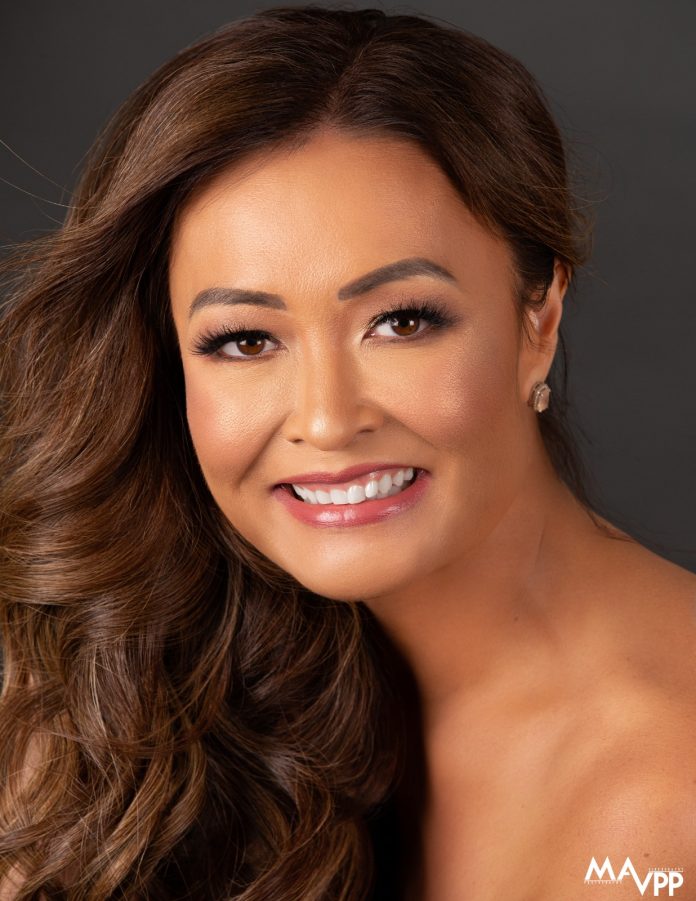Transitioning out of the military is tough for people who have spent their whole lives being a part of it. It is hard for service members who have made the military their entire lives and have been accustomed to the structured lifestyle for decades. Olivia J.M. Nunn, a retired lieutenant colonel, is helping military service members safely transition out of the military and start living their best civilian life. She is actively sharing her story and the stories of many others through her company, Olivia Nunn Communications.
“This is not the time for cookie-cutter solutions,” says Olivia when asked about the best way to help military service members transition. She talked about how difficult it is to start a new life after the military. She does a lot of podcasts through her company and many other outlets. She recently did a podcast with Scuttlebutt Podcasts, discussing the best way to successfully transition out of the military and how everyone needs different solutions for their problems after service.
Veterans feel the loss of identity starting a new life as civilians. According to Olivia, “People could look at you and identify you. They would know your capability through what branch you’re from and what rank you carry; when you do not have that anymore, you become just another person”. The hardest part of the transition is finding oneself after leaving the military. It is particularly tough when some veterans don’t return to places where they came from. Being away from friends and family makes settling into the new environment much harder.
Here are three ways to help military service members transition safely and entirely into civil society.
Build a plan
A route or a plan of what the soldier will do after leaving the military is essential. As an officer responsible for making other officers’ exits seamless, Olivia ensured that her peers had a perfect plan for the future. She was often disappointed and said, “99% of the time, I got a deer in the headlights kind of response” when she asked officers about their plan after the military. Without long-range planning, an officer might have a tough time in the civilian world and start having problems with drugs and alcohol.
“You gotta have a viable plan, whether college or employment. Get help building a plan” reminds Olivia. She offers many solutions for veterans who need help building a plan for themselves through her podcasts on Soldier For Life.
Always have a contingency, a Plan B
It cannot be stressed enough that having a Plan B is necessary while exiting the military. Olivia explains it by reminiscing about her own experience. She had all the tools and information on what to do when she left the army. She had a husband who would do business, and she had plans to work for a non-profit company.
It all came crashing down for her when she suddenly got into a divorce, and everything around her crumbled. Olivia is convinced that having a Plan B worked wonders for her sanity and her career as a civilian. It made it easier for her to continue her plan after leaving the military.
Leverage military networks and connect with people online.
Good connections and getting into the right networks are essential for any line of work. It is the same while entering the civilian world. Your military links and contacts can help you land jobs, give glowing recommendations, and help set up your business. Leveraging and using the networks through the military is very important and valuable for people transitioning from military to civilian life.
Click here to learn more about Olivia and her work, helping service members transition.

